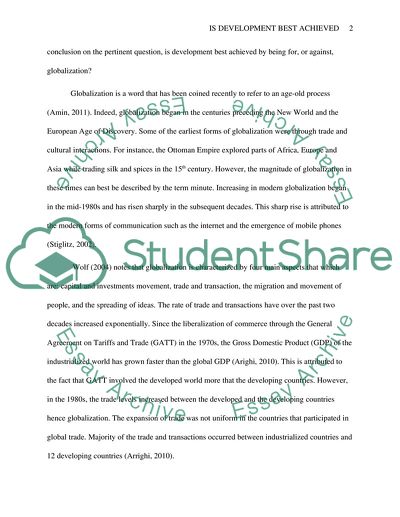Cite this document
(“Is Development Best Achieved by Being For, Or Against, Globalization Essay”, n.d.)
Is Development Best Achieved by Being For, Or Against, Globalization Essay. Retrieved from https://studentshare.org/social-science/1676888-is-development-best-achieved-by-being-for-or-against-globalization
Is Development Best Achieved by Being For, Or Against, Globalization Essay. Retrieved from https://studentshare.org/social-science/1676888-is-development-best-achieved-by-being-for-or-against-globalization
(Is Development Best Achieved by Being For, Or Against, Globalization Essay)
Is Development Best Achieved by Being For, Or Against, Globalization Essay. https://studentshare.org/social-science/1676888-is-development-best-achieved-by-being-for-or-against-globalization.
Is Development Best Achieved by Being For, Or Against, Globalization Essay. https://studentshare.org/social-science/1676888-is-development-best-achieved-by-being-for-or-against-globalization.
“Is Development Best Achieved by Being For, Or Against, Globalization Essay”, n.d. https://studentshare.org/social-science/1676888-is-development-best-achieved-by-being-for-or-against-globalization.


